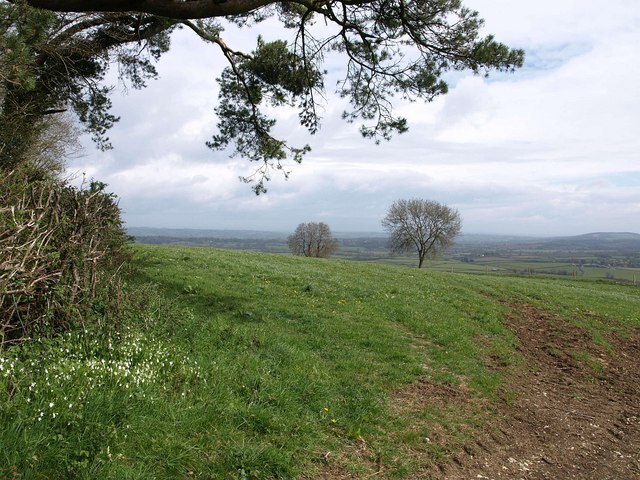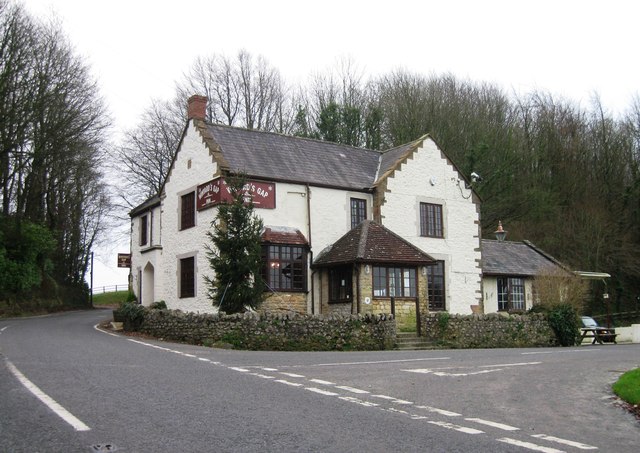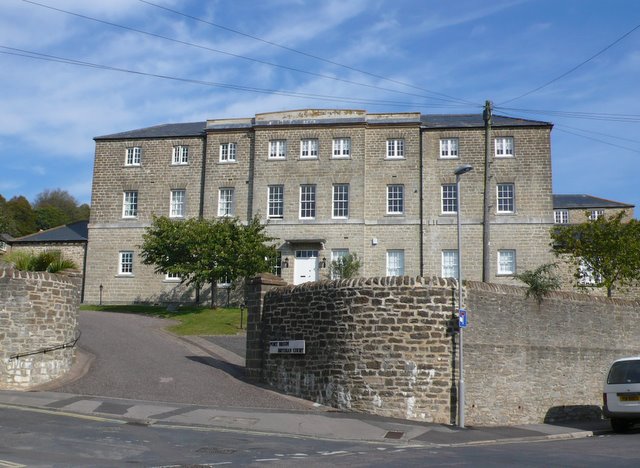Introduction
This is an examination of the life of George Ashford, who, despite being orphaned at the age of 18, succeeded in progressing from a farm labourer to an estate gamekeeper. His story offers insights into a bygone way of life where gamekeepers lived and worked in isolated parts of the West Country, managing and protecting game birds and animals.
Childhood
George was born around 1823 at Clapton near Crewkerne, the seventh child of Thomas and Hannah Ashford. His father, Thomas, was a shepherd who worked on several farms in South Somerset and North Dorset, including at Mudford, Clapton and Drimpton. His mother, Hannah, was the daughter of William Spurdle of Broadwindsor.
Following his father’s death in 1832, George’s mother, Hannah, was left in sole charge of six children, including Philip, 14, George, 9, and Sarah, 4. Either by her choice or at the insistence of poor law officials, she relocated to Misterton, where she had been married in 1807.
George suffered another blow in July 1841 when his mother died. Fortunately, by this time, he was 18 and capable of taking care of himself, although he could, if needed, seek support from his older married siblings, Grace, Thomas and William, who lived in neighbouring parishes. George stayed at Misterton, working as a farm labourer until the mid-1850s.
Later life
On 22 May 1843, at Misterton, George married Thirza Cleal, the daughter of John Cleal, a shoemaker. While Thirza signed the register, George made his mark, as did his brother, Philip, who acted as a witness.
By 1858, George had become a gamekeeper, an occupation he pursued for the rest of his life. After residing at Mosterton Down Farm from around 1858 to the early 1860s, he lived at Halstock in 1864 and North Perrott in 1868 before moving to Daisy Down by April 1871.[1]
Family disgrace
Towards the end of George’s life, his son, Joseph, brought disgrace to the family in two separate incidents. Firstly, in November 1871, he was accused of belonging to a group of poachers who assaulted a police officer. Ultimately, all charges against Joseph were dropped after he agreed to testify against the other men. However, it must have pained George to read his son’s testimony, which began, “I am the son of George Ashford, keeper to Mr Hoskins.”[2]
Secondly, a few weeks later, Joseph was involved in another incident when he and another man were accused of assaulting and stealing money from a man with whom they had been drinking at the Winyards Gap Inn that same night. At Dorchester Assizes, the jury found them guilty of robbery without violence, and the judge sentenced them to nine months hard labour.[3]
In 1876, the family’s reputation suffered again when another son, William, was found drowned after deserting from the Royal Navy.[4] However, this sad event occurred two years after George’s death.
Death
George died at Hardington on 22 January 1874 from cancer, aged 50.[5] He was buried at North Perrott six days later.
Thirza’s later life
After George’s death, Thirza’s circumstances deteriorated. By April 1881, she and her two youngest children lived with her eldest daughter at Bothenhampton, Dorset. In April 1891, she was still at Bothenhampton but living alone in a one-room apartment. By March 1901, she was an inmate of the Bridport workhouse, where she died in 1907, aged 82.
Children
- 1843-Sarah Jane (married Job Legg, a lime burner, in 1870; died at Bath in 1907.
- Circa 1849-John (became a gamekeeper; died in Sussex in 1896);
- 1851-Mary (died in infancy);
- 1851-Joseph (sentenced to nine months hard labour for theft in 1872; a farm servant in Monmouthshire in 1881);
- 1854-Henry (worked as a groom and gardener in the Bridport area);
- 1858-William (enlisted in the Royal Navy in 1874: drowned two years later while attempting to desert);
- Circa 1860-Thomas (a farm labourer at Castle Cary, Bruton and East Pennard; died in 1920);
- 1862-Charles (died in infancy);
- 1863-George (died in infancy);
- 1868-Arthur Francis George (enlisted in the Army in 1885; died in South Africa in 1900 while serving with the second battalion of the Dorset Regiment during the Second Boer War);
- 1872-George (disappears from the records after 1881).
References
[1] While the 1871 census recorded George’s address as “Romsey,” he did not live at Romsey Farm, which was occupied by a different family. He probably lived at Daisy Down, which was the address recorded when his youngest son, George, was baptised at North Perrott on 26 May 1872.
[2] Western Daily Press, 8 November 1871, p.3; Western Gazette, 24 November 1871, p.6.
[3] Dorset County Express and Agricultural Gazette, 12 March 1872, p.4.
[4] Royal Navy Registers of Seamen’s Services, 1848-1939.
[5] Death certificate.




